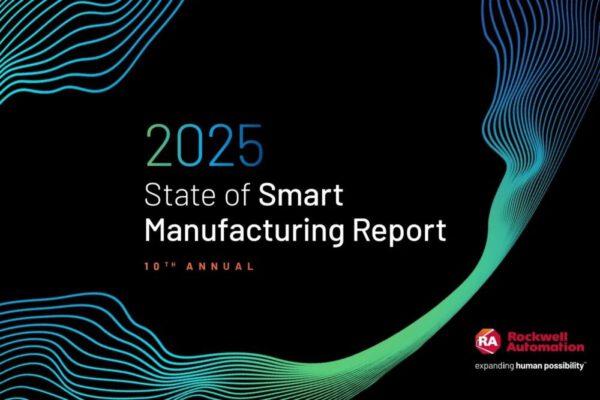Causal AI: Driving the Next Wave of Smart Manufacturing
The 2025 State of Smart Manufacturing Report from Rockwell Automation reveals a decisive shift in how manufacturers are leveraging artificial intelligence. According to the report, 95% of manufacturers have either already invested in or plan to invest in AI/ML, including Generative and Causal AI, within the next five years.
This growing commitment signals a move beyond experimentation to real-world deployment—with AI becoming a mainstream tool for transformation. In fact, by 2027, organizations expect AI to play a critical role in driving cost and time savings, creating operational efficiencies, and streamlining production processes.
Among the most promising developments is the rise of Causal AI. Unlike traditional AI, which identifies correlations, Causal AI understands cause-and-effect relationships. This enables manufacturing teams to move from reactive decision-making to proactive, explainable actions—making it a powerful asset for optimizing production, supply chains, and energy use.
AI-Powered Quality Control
A particularly strong application area is AI-powered quality control. For the second year in a row, it remains the top AI use case in manufacturing. Half of the surveyed companies plan to use AI/ML to support product quality by 2025, highlighting the growing need for precision in increasingly complex production environments.
Causal AI is proving essential for companies aiming to scale their operations intelligently. With a 12% year-over-year growth in investments in Causal and Generative AI, the shift toward smarter, more autonomous manufacturing systems is well underway.

Automation leader Rockwell Automation has released its 10th Annual State of Smart Manufacturing Report, revealing a significant uptick in AI investments. (Courtesy of RA)
Want to explore how Causal AI can help you boost production efficiency, reduce costs, and stay ahead of the curve? Contact us to find out more.

